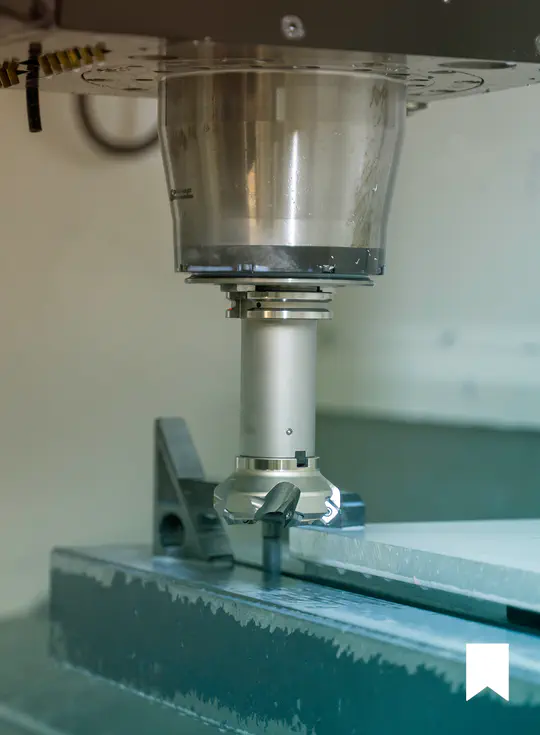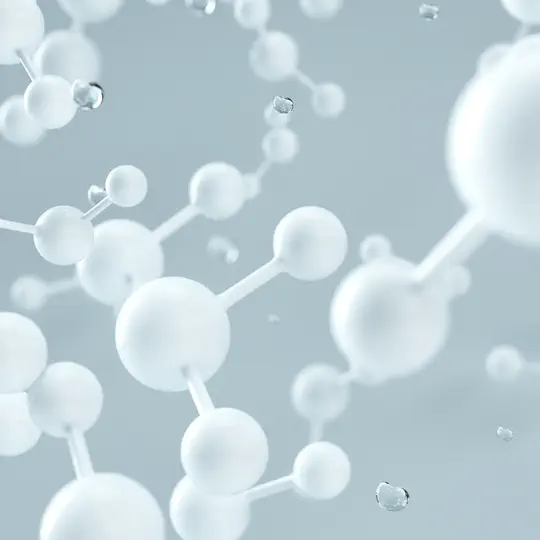Biography
Kang Xia received his BEng from Shanghai Jiao Tong University in 2019. He then completed his MEng under the supervision of Prof. Kosuke Suzuki and Prof. Kazuya Yamaguchi at the University of Tokyo. Currently, he is pursuing his PhD in the same group, where his research focuses on the controlled design of hybrid materials consisting of polyoxometalates and metal nanoparticles as well as their applications (some selected research projects are to be introduced).
- Catalysis
- Polyoxometalates
- Nanomaterials
- Mechanochemistry
- Biochemistry
- Nanodevice
PhD in Applied Chemistry, 2021-2024
The University of Tokyo
MEng in Applied Chemistry, 2019-2021
The University of Tokyo
BSc in Chemical Engineering, 2015-2019
Shanghai Jiao Tong University
Exchange student (Scholarship), 2018-2018
Waseda University
Skills
Chinese (native), English (full professional), Japanese (full professional), German (elementary), Sanskrit (elementary)
Homogeneous/Heterogeneous Catalysis, Catalyst Design, Surface Modification, Morphology Control, Coordination Chemistrty, Self-assembly, Mechanochemistry
Metal Nanoparticles, Polyoxometalates, Mesoporous Materials, Zeolites, Nanocarbon, Inorganic/Organic Synthesis, Hydrothermal Synthesis,
Gas Adsorption Analysis, Elemental Analysis, X-ray Diffraction, UV-Visible Spectroscopy, Scanning/Transmission Electron Microscopy, X-ray Photon Spectroscopy, Dynamic Light Scattering, Raman Spectroscopy, Infrared Spectroscopy, Mass Analysis
English/Japanese/Chinese Paper Writing, News Writing, Illustration, Microsoft Office, Origin Lab, SciFinder, GitHub, Lightroom
SJTU Freshmen Tournament Round of 32
6 years’ experience in road and mountain bikes
iStock contract photographer (see the “galary” section)
China, Japan, Korea, New Zealand
Enjoy trying new dishes
Fond of regulated verse and Ci poetry
Singing, Guitar, Reading, Hiking, Football, Running, [WANT to start triathlon]
Experience
Project number: 24KJ0563
Responsibilities include:
- Conduct cut-to-edge researches in green catalysis
- Carry out collaborative researches
Workshop towards Communicating Engineers; Advanced Academic Writing Course; Advanced Academic Presentation Course (English course)
Responsibilities include:
- Assist students while students work on collaborative problem-solving tasks
- Observe the teaching and provide suggestions/feedback for improvement
Responsibilities include:
- Assist in the daily management of the laboratory (e.g., maintenance of equipment)
- Guide junior members of the laboratory in their learning and research activities
- Initialize new research projects and apply for competitive fundings and awards
Collaboration with Professor Pengfei Zhang on the project of high-entropy alloys
Responsibilities include:
- Synthesize mesoporous multimetallic oxides according to previous reports and catalytic application (e.g., carbon dioxide hydrogenation reaction)
- Prepare silica-supported multimetallic oxides by mechanical ball milling, sol-gel process, and evaporation-induced self-assembly (EISA) methods
Project name: Research and Evaluation of Recycled Carbon Fiber Reinforced Thermoplastic Resin Composite Sizing Agent (research funding: 30,000 RMB)
Responsibilities include:
- Design, selection and fabrication of surface modifiers for recycled carbon fibers
- Evaluate the interface bonding between carbon fibers and thermoplastic resins
Responsibilities include:
- Perform water quality testing to monitor the rivers in Shanghai city
- Prepare reports of results and communicate with other departments/laboratories
- Prisident Assistant [Student Career Development Union, Shanghai Jiao Tong University]
- Class Monitor [Shanghai Jiao Tong University]
- Vice Captain of SJTU team [The 1st China Chem-E-Car Competition, Tianjin]
- Marketing Intern [Super Career Education Company, Shanghai]
- Participant [Two-Sided Summer Community and Enterprise Internship Camp for College Students]
Accomplishments
Recent Posts
Projects
Featured Publications
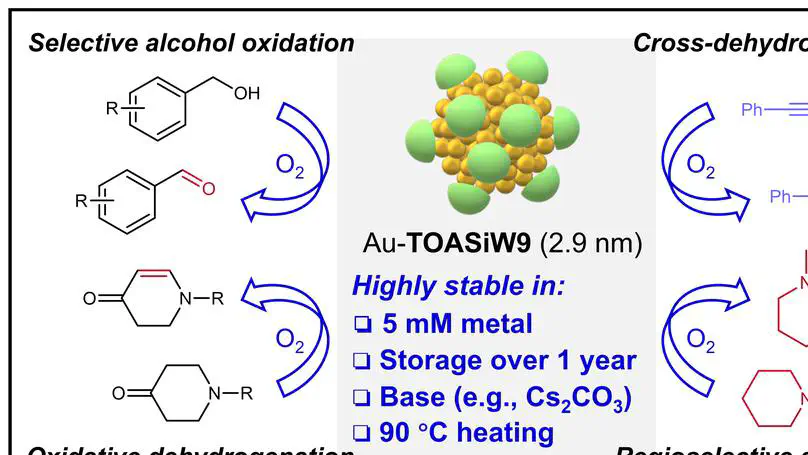
Owing to their remarkable properties, gold nanoparticles are applied in diverse fields, including catalysis, electronics, energy conversion and sensors. However, for catalytic applications of colloidal gold nanoparticles, the tradeoff between their reactivity and stability is a significant concern. Here we report a universal approach for preparing stable and reactive colloidal small (~3 nm) gold nanoparticles by using multi-dentate polyoxometalates as protecting agents in non-polar solvents. These nanoparticles exhibit exceptional stability even under conditions of high concentration, long-term storage, heating and addition of bases. Moreover, they display excellent catalytic performance in various oxidation reactions of organic substrates using molecular oxygen as the sole oxidant. Our findings highlight the ability of inorganic multi-dentate ligands with structural stability and robust steric and electronic effects to confer stability and reactivity upon gold nanoparticles. This approach can be extended to prepare metal nanoparticles other than gold, enabling the design of novel nanomaterials with promising applications..
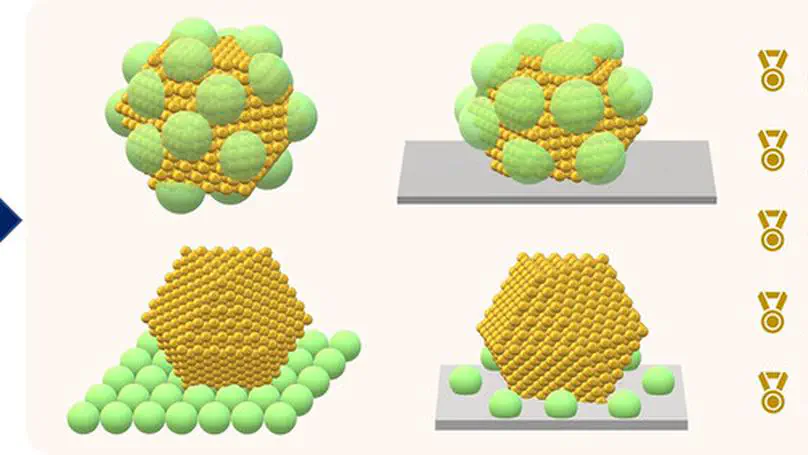
Hybrid materials that consist of metal nanoparticles and polyoxometalates have enormous potential in a multitude of applications, including electrochemistry, photochemistry, catalysis, biochemistry, and surface-enhanced Raman scattering (SERS). This Minireview highlights recent advances in this area, covering synthesis and applications as well as highlighting current limitations and future research opportunities.
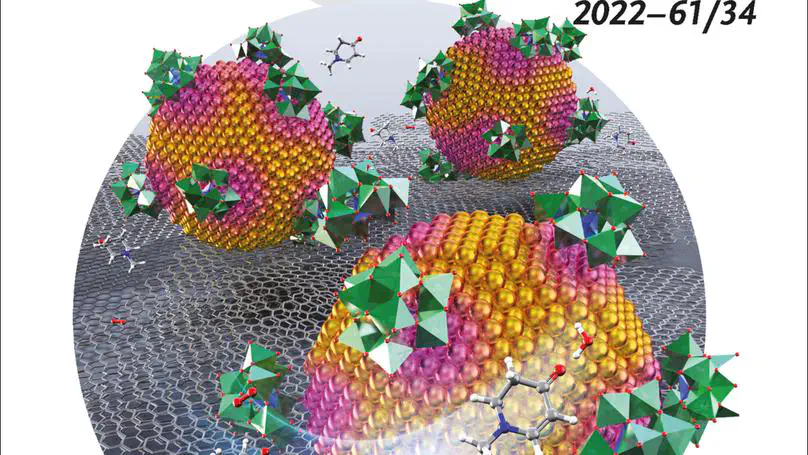
A method is reported for the design of supported anionic gold nanoparticle catalysts modified using highly negatively charged multivacant lacunary polyoxometalates. Enhanced catalytic activity and stability of supported anionic gold nanoparticle catalysts was accessed in the aerobic oxidative dehydrogenation of piperidone derivatives to the corresponding enaminones.
Contact
If you have any comments or questions, feel free to contact with me.
- xiakang@g.ecc.u-tokyo.ac.jp
- Hongo 7-3-1, Bunkyo-ku, Tokyo 113-0022
- Engineering Building 3 and take the elevator to Office 7A03 on Floor 7
- Weekday 10:00 to 19:00
- Follow Me
- Connect with Me
- Zoom Me
